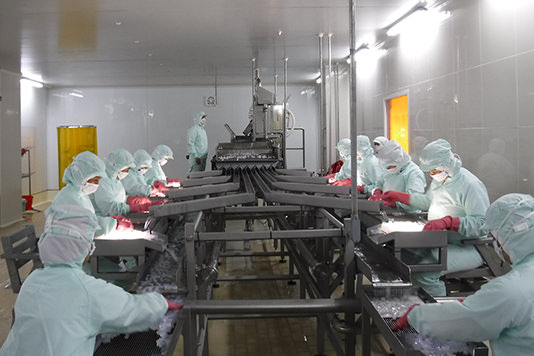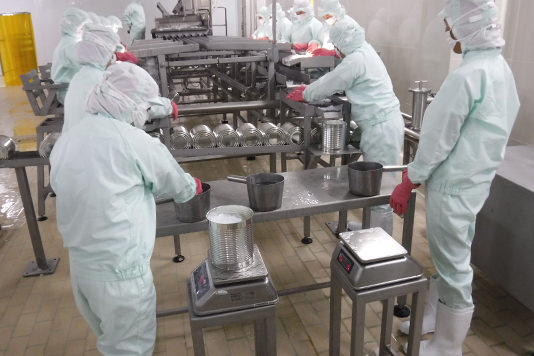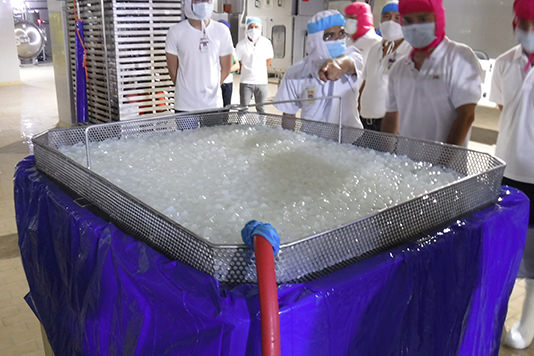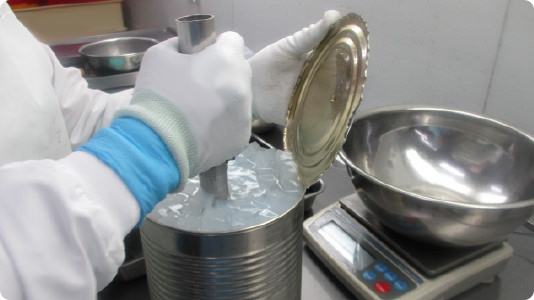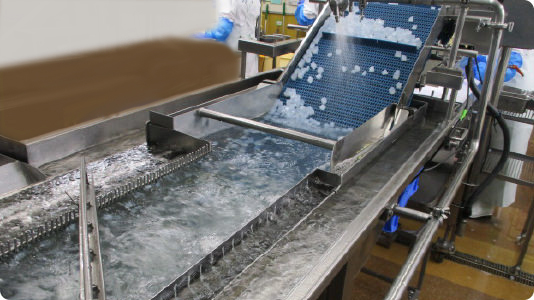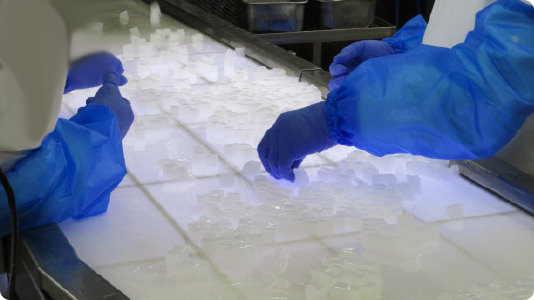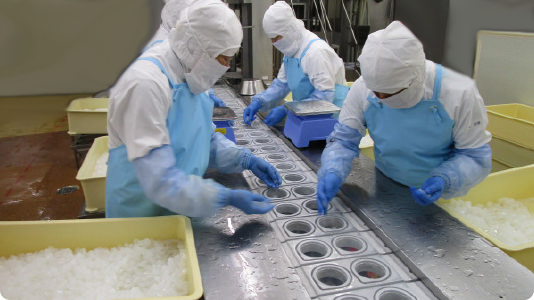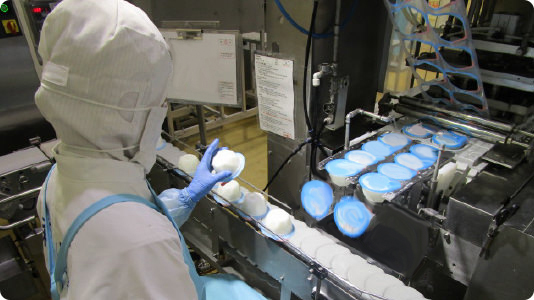About our Partnership Farms
Tarami has introduced cutting-edge methods of cultivation to and guided the farms that produce the fruits used in its products. The harvested fruits are processed using advanced technology. We are continually striving to produce the highest quality ingredients.
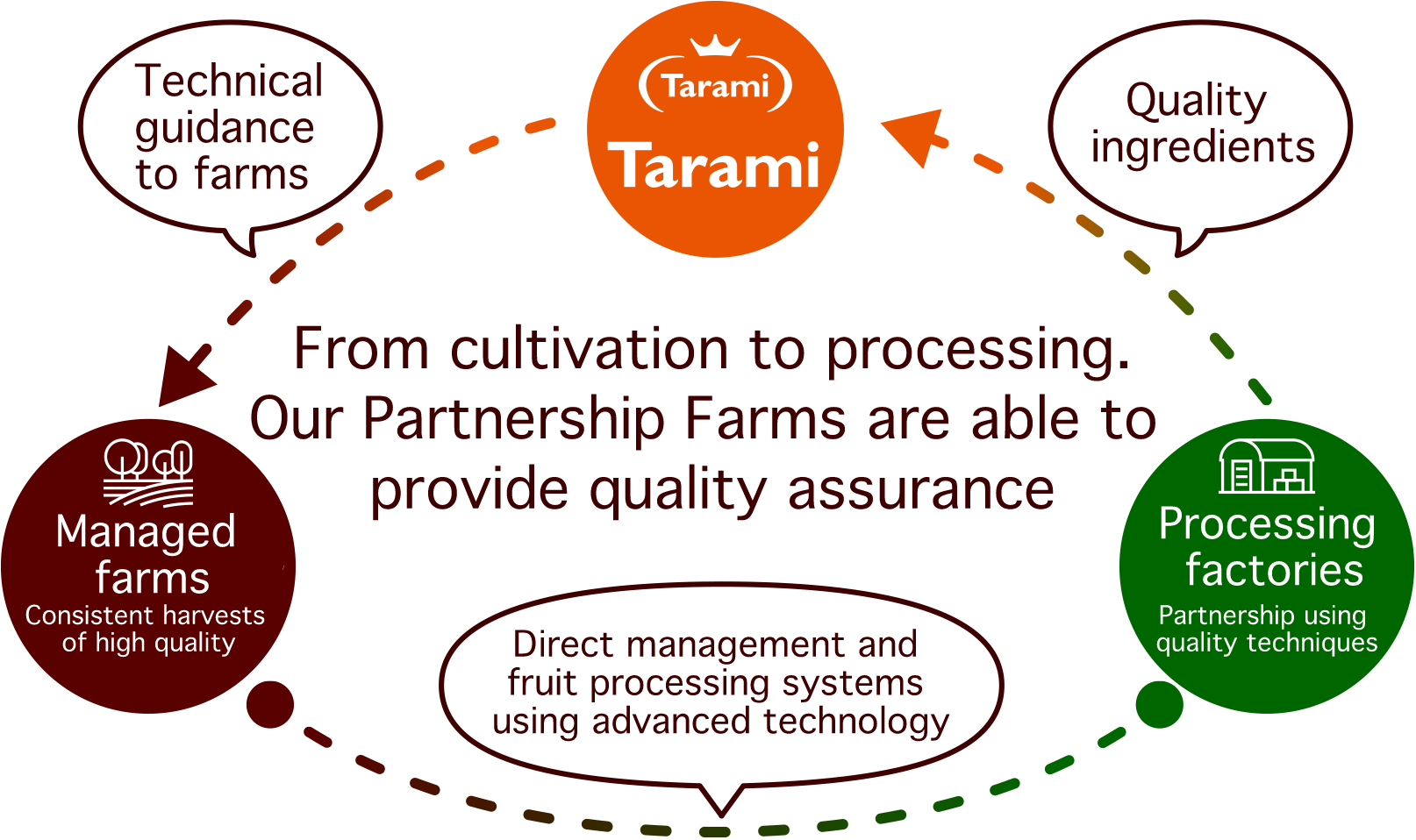
The Tarami jelly-making process
-
Managed farms
We have formed partnerships with farms suited to cultivation and we provide detailed guidance.
-
Primary processing on site
To maintain seasonal flavors, we take care of primary processing on site, using advanced technology based on strict quality standards.
-
Complete production at Tarami factory
After further screening at our factory, we devise and produce delicious jellies.
Fresh seasonal fruits are processed and
transformed into delicious fruit jellies
at our Tarami factory.
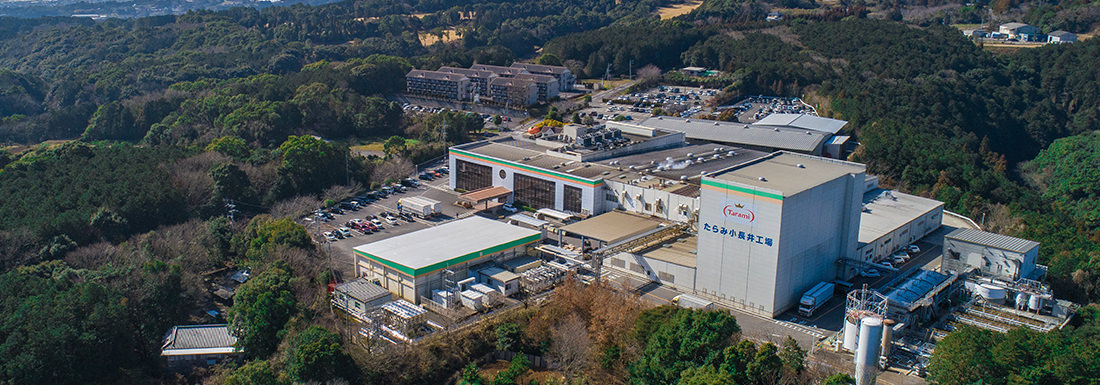
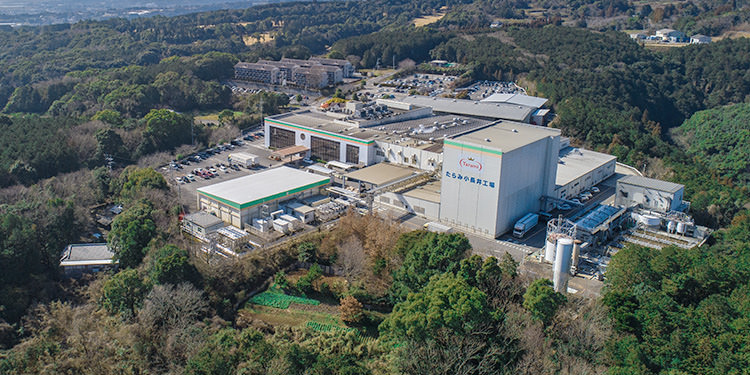
-
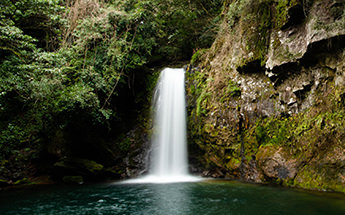
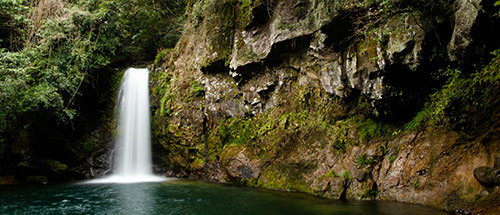 A place famed for its mineral water
A place famed for its mineral waterTarami jellies are made with water from the Tara Mountains - one of the top hundred places famed for mineral water.
-
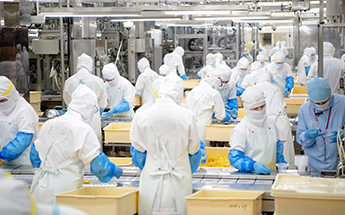
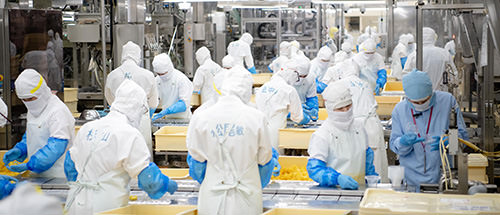 Strict quality control
Strict quality controlWe strictly control the quality of our products and analyze them for any residual pesticides.
-
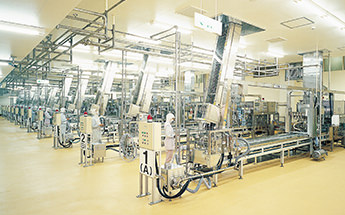
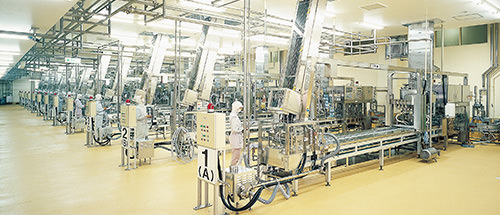 Production using cutting-edge technology
Production using cutting-edge technologyWe efficiently produce various products at our cutting-edge hygienically controlled facilities.
Shenzhou, Hebei Province, China.
A world-famed place for peaches.
Shenzhou is world famous for peaches because of its good soil drainage, ample sunshine, light rainfall, and moderate fluctuations in temperature. Peach farms stretch out as far as the eye can see, and in April, the peach flowers blossom all at once.
Our partnership farm,
Shenzhou Fruit Food
knows everything there is to know about peaches.
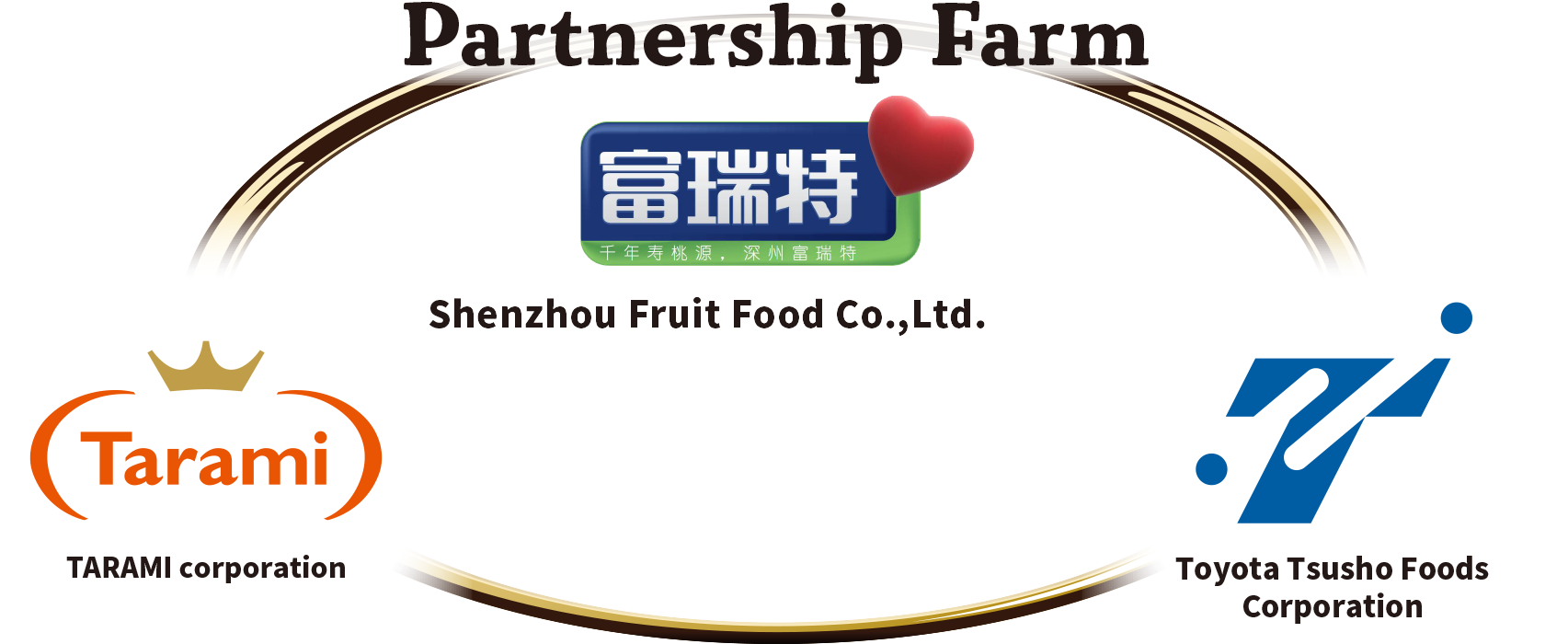
Shenzhou Fruit Food
Shenzhou Fruit Food was established in 2004. It owns one of the largest farms supplying canning and processing factories in China and uses cutting-edge manufacturing equipment and technologies. The Ma brothers are the managing representatives and have been cultivating and processing quality peaches for many years.
Shenzhou Fruit Food and its processing factoryWhat this partnership can do
What this partnership can do
Partnership Farm
Managed farms
We are working to improve our operational efficiency and quality using Japanese farming methods.
This Tarami partnership farm cultivates Japanese white peaches known as Okubo. We have introduced cutting-edge Japanese cultivation technology and we aim to improve quality, increase yields, and improve operational efficiency.
Soil and water are strictly tested for pesticide residues to ensure safety.
A reliable inspection body designated by Tarami performs soil testing, water testing, and testing for pesticide residues at the peach farm, allowing it to cultivate wholesome white peaches.
Partnership Farm
Processing Factories
Seasonal flavor is sealed in cans through our strict quality and hygiene control.
A peach canning factory is located five minutes from the farm. Harvested peaches further ripen in a refrigerator for a few days until they are suitable for processing. Only peaches suitable for processing will be canned. Every year, quality control workers are sent from Tarami. They check the hygiene management system and provide guidance for improvements.
Production is then completed
at the Tarami factory
Famed Japanese mineral water and cutting-edge technology help make the finest peach jelly.
Partnership Farm
The Tarami Konagai Factory
-
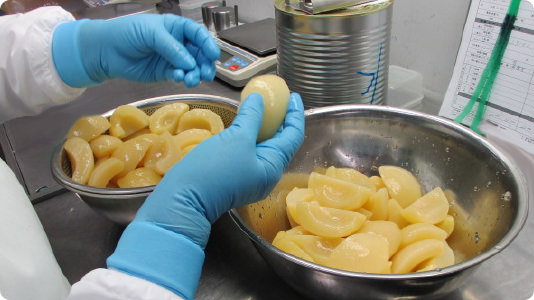
Inspection of incoming ingredients
Quality control workers strictly inspect canned white peaches according to an extensive inspection checklist and standards related to color, shape, size, taste, etc. Only those that pass inspection are allowed into the factory.
-
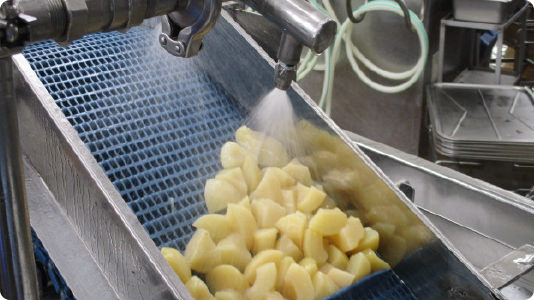
Washing ingredients
A machine opens cans and white peaches are put in the washer. The surface of the fruit is washed clean with water from the washer.
-
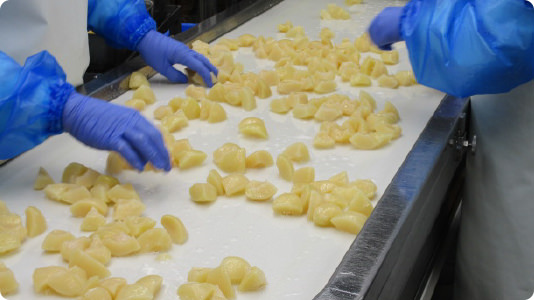
Separate ingredients
White peaches are instantly separated by shape and size, and those that meet the standards are put on a tray. Pits and skins are also removed.
-
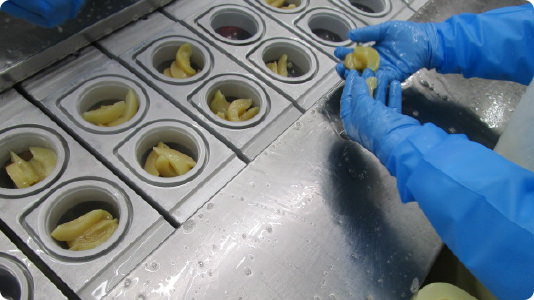
Filling
The amount and weight of the white peaches are decided depending on the product and put into cups by hand. Afterwards, liquid jelly is added and the cups are sealed with film.
-
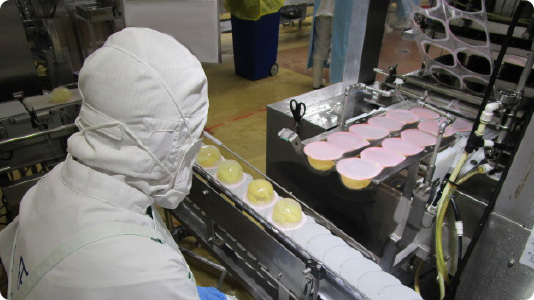
Visual inspection
Sealed products are all inspected. Defective ones, such as those with misaligned print, air pockets, or incorrect amounts of fruit, are removed.
Products from
the Partnership Farm
-
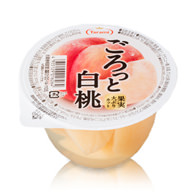 GOROTTO FRUIT series Gorotto White peach
GOROTTO FRUIT series Gorotto White peach
-
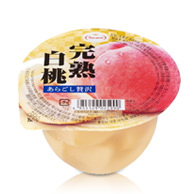 VARIETY JELLY ARAGOSHI ZEITAKU Ripe White peach
VARIETY JELLY ARAGOSHI ZEITAKU Ripe White peach
-
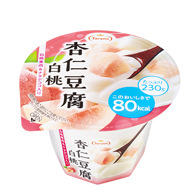 Tarami Annin Tofu 80kcal series White peach
Tarami Annin Tofu 80kcal series White peach
-
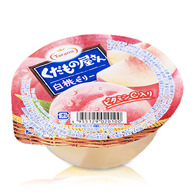 KUDAMONOYASAN series White peach jelly
KUDAMONOYASAN series White peach jelly
-
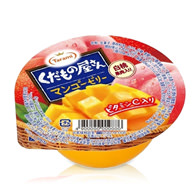 KUDAMONOYASAN series Mango jelly with White peach
KUDAMONOYASAN series Mango jelly with White peach
-
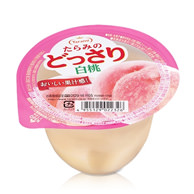 TARAMI NO DOSSARI series White peach jelly
TARAMI NO DOSSARI series White peach jelly
-
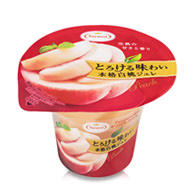 TOROKERU AJIWAI series Peach gelee
TOROKERU AJIWAI series Peach gelee
-
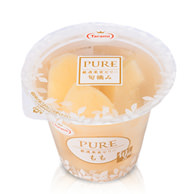 PURE series Peach
PURE series Peach
South of Shanghai, in temperate Zhejiang Province is an ideal place for cultivating Mandarin oranges.
Zhejiang Province has many hills, abundant sunshine, and four distinct seasons, so it is a major production area for citrus fruits in China. The Wenzhou (Mandarin) orange that we're all used to eating is named after this area in Zhejiang Province.
Partnership Farm with an experienced processing company, Haitong Food Group.
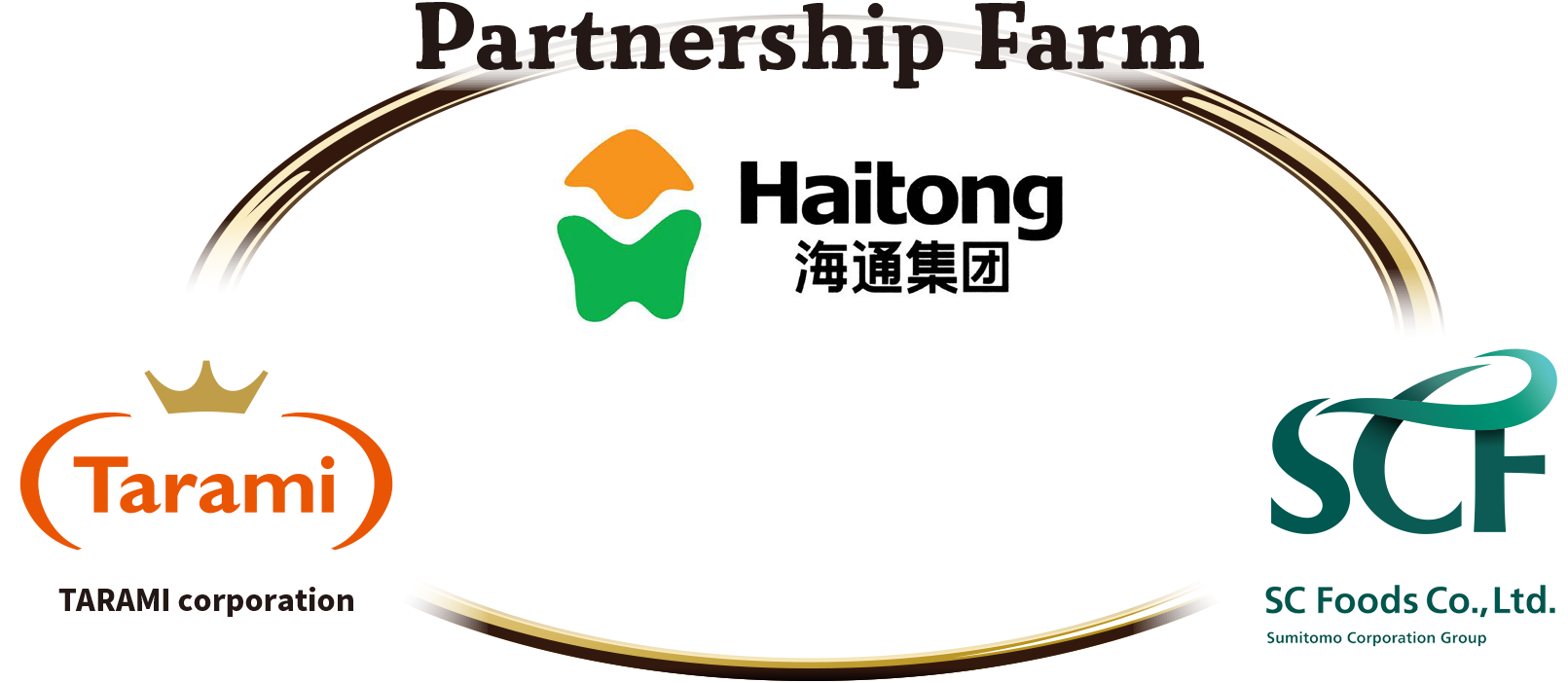
The Haitong group
This company was established in 1985 as a processor of fruits and vegetables and is now also managing a farm. Advanced machinery is used at the processing factory. We are always endeavoring to improve quality. In addition, we are devoting efforts to employee training and aiming for higher levels of quality in terms of both tangible and intangible aspects.
The Haitong group and its processing factoryWhat this partnership can do
Partnership Farm
Managed farms
We are working to improve our operational efficiency and quality using Japanese farming methods.
The type of oranges cultivated at the Tarami Partnership Farm is renowned in Japan - Wenzhou (Mandarin) oranges. We introduced cutting-edge Japanese cultivation technology to improve quality, increase yields, and improve operational efficiency.
Soil and water are strictly tested for pesticide residues to ensure safety.
A reliable inspection body designated by Tarami performs soil testing, water testing, and testing for pesticide residues at the peach farm, allowing it to cultivate wholesome white peaches.
Partnership Farm
Processing Factories
Seasonal flavor is sealed in cans through our strict quality and hygiene control.
The Mandarin orange canning factory is conveniently located near the farm. Mandarin oranges are mainly a mid season crop. Those of a suitable size and ripeness for processing will be canned. Every year, quality control workers are sent from Tarami. They check the hygiene management system and provides guidance for improvements.
Production is then completed
at the Tarami factory
Famed Japanese mineral water and cutting-edge technology help make the finest orange jelly.
Partnership Farm
The Tarami Konagai Factory
-

Inspection of incoming ingredients
Quality control workers strictly inspect our canned Mandarin oranges according to an extensive inspection checklists and standards related to color, shape, size, taste, etc. Only those that pass the inspection are allowed into the factory.
-

Washing ingredients
A machine opens cans and the Mandarin oranges are put in the washer. The surface of the fruit is washed clean with water from the washer.
-

Separate ingredients
Mandarin oranges are instantly separated according to shape and size and those that meet the standards are put on the tray. Seeds and skins are also removed.
-

Filling
The amount and weight of the Mandarin oranges are decided depending on the product and put into cups by hand. Afterwards, the liquid jelly is added and the cups are sealed with film.
-

Visual inspection
Sealed products are all inspected. Defective ones, such as those with misaligned print, air pockets or incorrect amounts of fruit are removed
Products from
the Partnership Farm
The island of Sumatra, Indonesia.
Pineapple fields spread across the island.
Sumatra is in western Indonesia. It is the 6th biggest island in the world. Vast pineapple farms are spread across the island, and quality pineapples are cultivated there. The pineapples that grow there are famed for their sweetness and juiciness.
Partnership Farm with GGPC, the world’s largest farm and processing factory ?
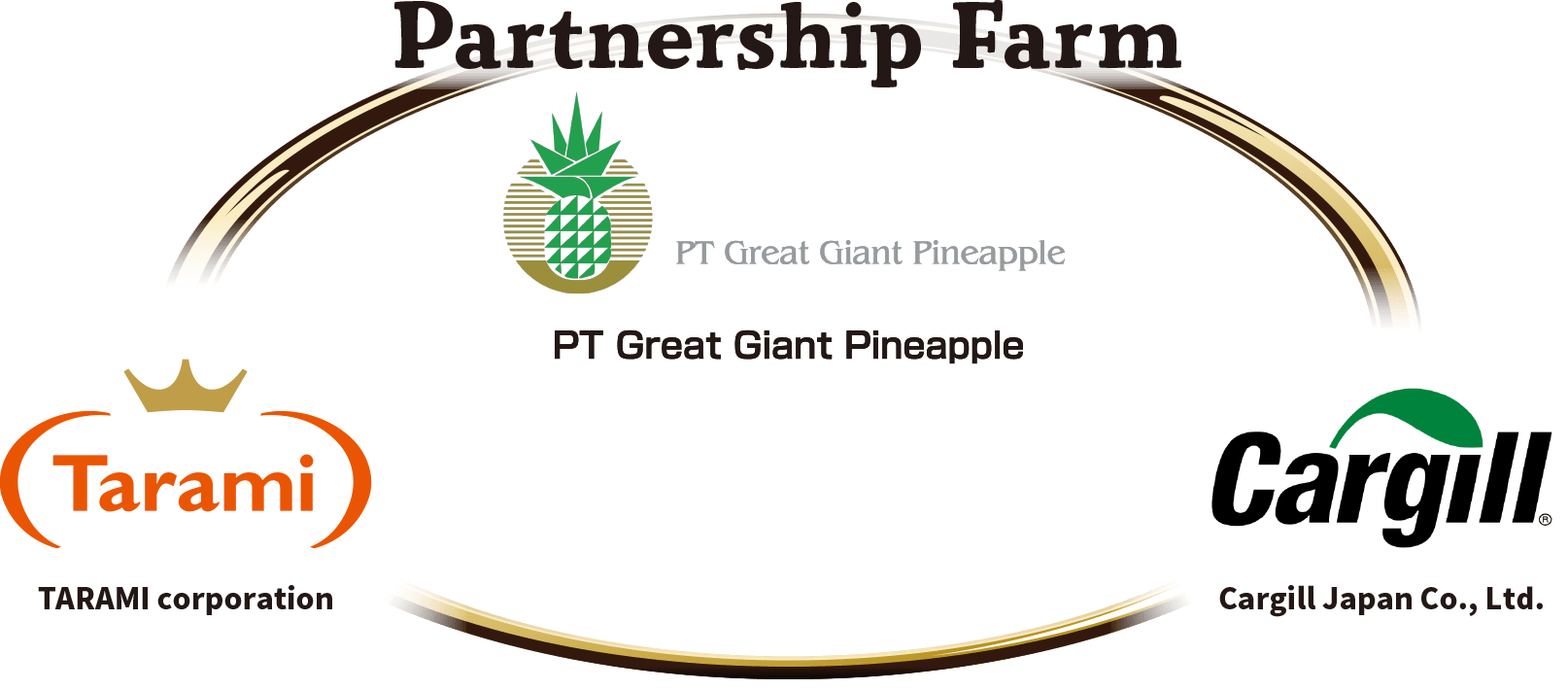
GGPC (Great Giants Pineapple Company)
This company is located in Sumatra, Indonesia, where it has a vast 30,000-hectare farm and the world’s largest canning factory. The factory allots 19,000 hectares for pineapple cultivation alone and it produces 500,000 tons every year.
GGPC and its processing factoryWhat this partnership can do
Partnership Farm
Managed farms
Environmentally friendly sustainable agriculture produces fertile soil and products.
Waste discharged during production is returned and reused in production, thus eliminating waste within the system.
In accordance with this sustainable form of agriculture, Tarami is working to improve the soil, product quality, harvest yield, and increase production efficiency in collaboration with GGPC.
What is sustainable agriculture ?
-
Drying the pineapple rind after processing
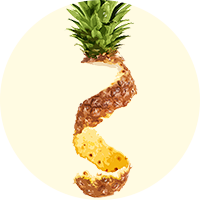
-
Mixing the dried rind into feed for livestock
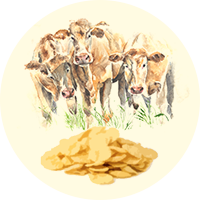
-
Manufacturing fertilizer with dung
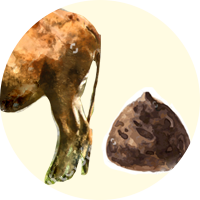
-
Use at the pineapple farm
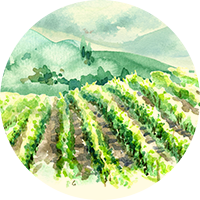

Partnership Farm
Processing Factories
Seasonal flavor is sealed in cans through our strict quality and hygiene control.
The pineapple canning factory is located at the farm. They only harvest pineapples that are suitably ripe for processing and canning.Every year, quality control workers are sent from Tarami. They check the hygiene management system and provide guidance for improvements.
Production is then completed
at the Tarami factory
Famed Japanese mineral water and cutting-edge technology help make the finest pineapple jelly.
Partnership Farm
The Tarami Konagai Factory
-

Inspection of incoming ingredients
Quality control workers strictly inspect the canned pineapples according to an extensive inspection checklist and standards related to color, shape, size, taste, etc. Only those that pass the inspection are allowed into the factory.
-

Washing ingredients
A machine opens cans and the pineapples are put in the washer. The surface of the fruit is washed clean with water from the washer.
-

Separate ingredients
The pineapples are instantly separated according to shape and size, and those that meet the standards are put on a tray. Seeds and skins are also removed.
-

Filling
The amount and weight of the pineapples are decided depending on the product and put into cups by hand. Afterwards, liquid jelly is added and the cups are sealed with film.
-

Visual inspection
Sealed products are all inspected. Defective ones, such as those with misaligned print, air pockets, or incorrect amounts of fruit, are removed
Products from
the Partnership Farm
Cultivating coconuts in a natural environment and supporting industry in the Philippines.
The Philippines has a Coconut Authority, and the coconut industry supports the Philippines. Lots of coconuts grow here naturally and coconuts are also cultivated in the same type of environment. Nata de coco is made from those coconuts.
Nata de coco made from coconuts.
A Dole Philippine's initiative.
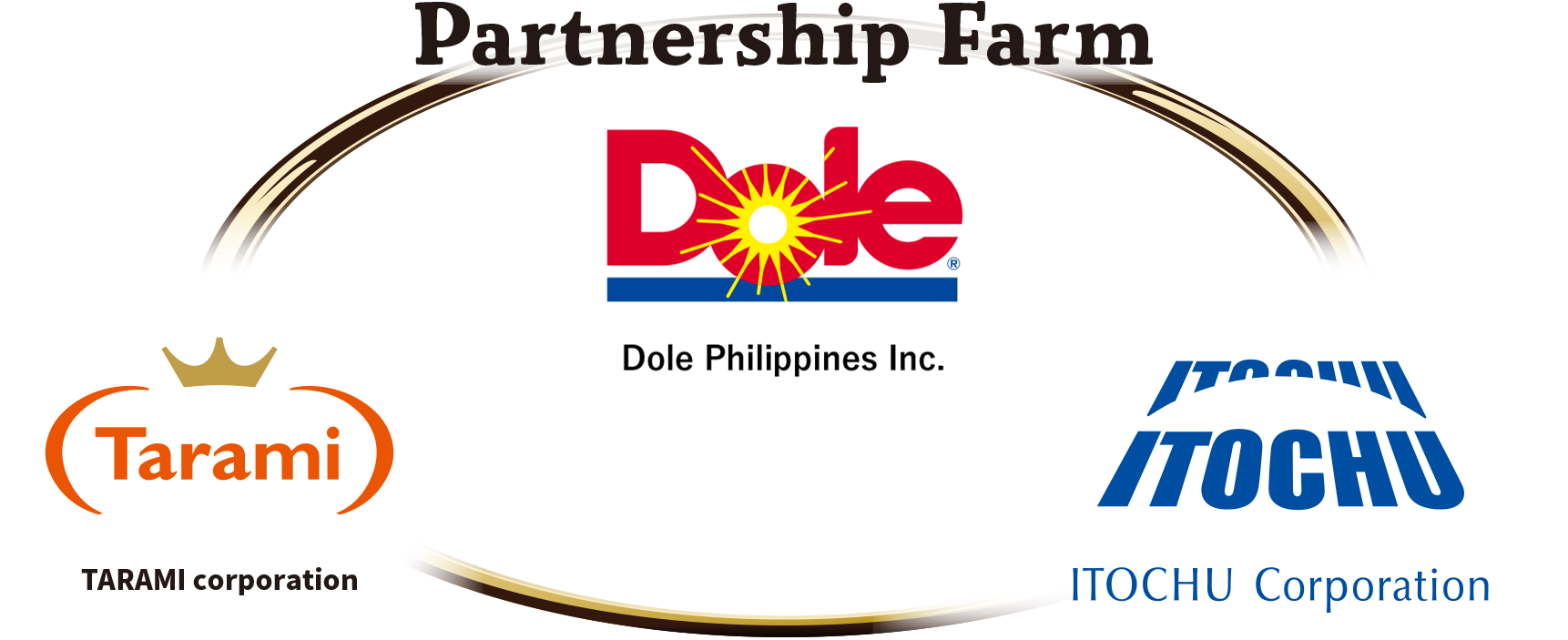
Dole Philippines
Nata de coco is a fermented food made from coconuts.
Dole Philippines, Inc, processes and produces nata de coco products with an emphasis on quality.
We are engaged in activities to contribute to the community by using waste pallets to make chairs for elementary schools and subcontracting work to local workshops to create more employment opportunities. Tarami agrees with these activities and is donating to them.
Dole Philippine's contributions to the community
What this partnership can do
Partnership Farm
Processing Factories
From the processing technique to hygiene management, nata de coco is produced on a dedicated line that meets Japanese standards.
To improve quality, a dedicated line called “Japan Quality” was built through special investment of about 50 million yen. Only 25 selected workers are allowed to work on this line. We are working to improve quality via thorough management.
Production is then completed
at the Tarami factory
The famed Japanese mineral water and cutting-edge technology help make the finest nata de coco.
Partnership Farm
The Tarami Konagai Factory
-

Inspection of incoming ingredients
Quality control workers strictly inspect the canned nata de coco according to an extensive inspection checklist and standards related to color, shape, size, taste, etc. Only those that pass the are allowed into the factory.
-

Washing ingredients
A machine opens cans and removes the nata de coco. Its surface is cleaned with water by the washer.
-

Separate ingredients
Nata de coco is instantly separated by shape and size and those that meet the standards are put on a tray.
-

Filling
The specified weight of the nata de coco is put into cups by hand. Afterwards, the liquid jelly is added and the cups are sealed with film.
-

Visual inspection
Sealed products are all inspected. Defective ones, such as those with misaligned print, air pockets, or incorrect amounts of fruit, are removed
Products from
the Partnership Farm
-
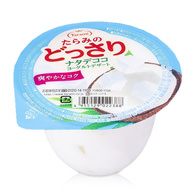 TARAMI NO DOSSARI series Nata de coco Yoghurt Dessert
TARAMI NO DOSSARI series Nata de coco Yoghurt Dessert
-
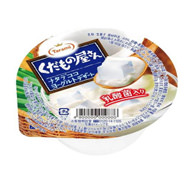 KUDAMONOYASAN series Nata de coco Yoghurt Dessert
KUDAMONOYASAN series Nata de coco Yoghurt Dessert
-
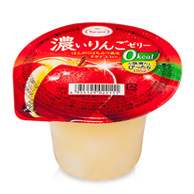 Deep 0kcal series Apple jelly
Deep 0kcal series Apple jelly
-
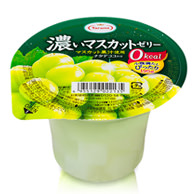 Deep 0kcal series Muscat jelly
Deep 0kcal series Muscat jelly
-
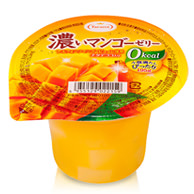 Deep Mango jelly 0kcal 195g
Deep Mango jelly 0kcal 195g
-
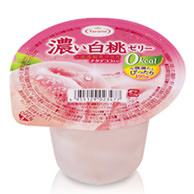 Deep White peach jelly 0kcal 196g
Deep White peach jelly 0kcal 196g
-
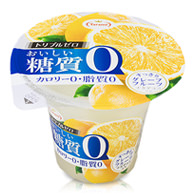 TRIPLE ZERO OISHIITOUSHITSU0 Grapefruit
TRIPLE ZERO OISHIITOUSHITSU0 Grapefruit
-
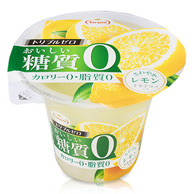 TRIPLE ZERO OISHIITOUSHITSU0 Lemon
TRIPLE ZERO OISHIITOUSHITSU0 Lemon
-
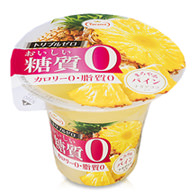 TRIPLE ZERO OISHIITOUSHITSU0 Pineapple
TRIPLE ZERO OISHIITOUSHITSU0 Pineapple
-
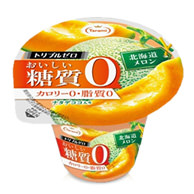 TRIPLE ZERO OISHIITOUSHITSU0 HOKKAIDOmelon
TRIPLE ZERO OISHIITOUSHITSU0 HOKKAIDOmelon
-
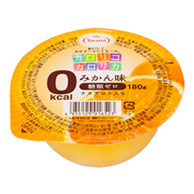 KARORIKOKARORIKA 0kcal Orange
KARORIKOKARORIKA 0kcal Orange
-
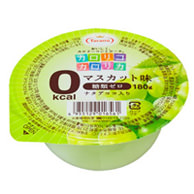 KARORIKOKARORIKA 0kcal Muscat
KARORIKOKARORIKA 0kcal Muscat
-
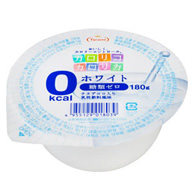 KARORIKOKARORIKA 0kcal White
KARORIKOKARORIKA 0kcal White
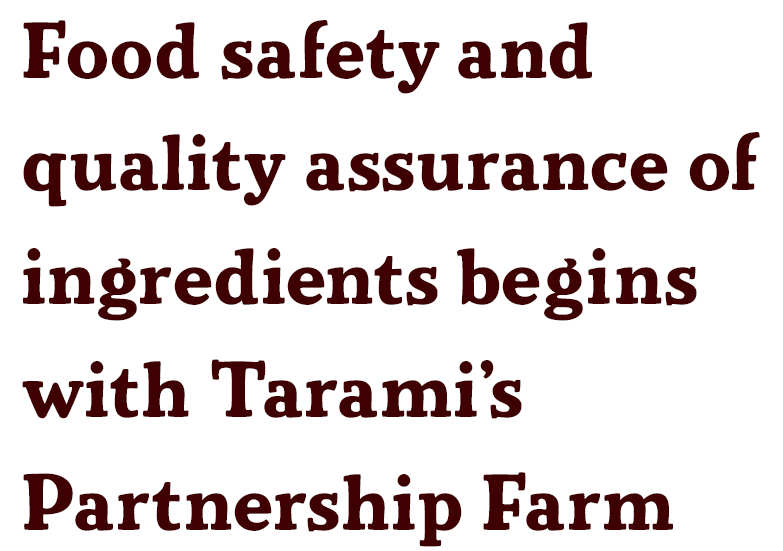
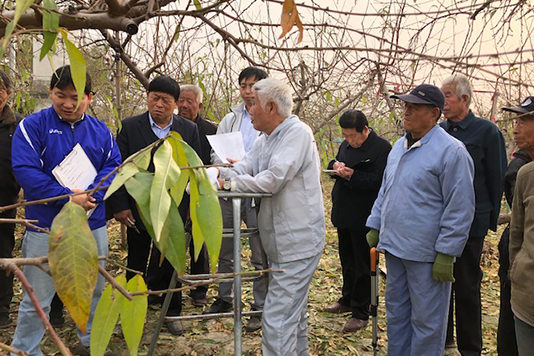
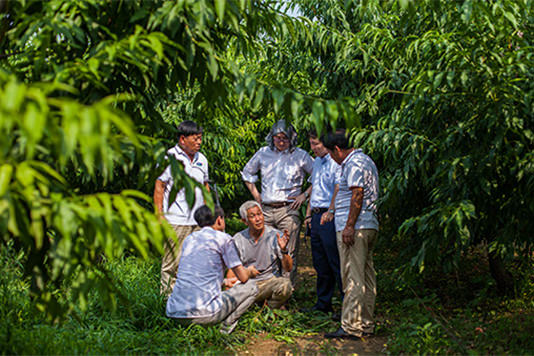
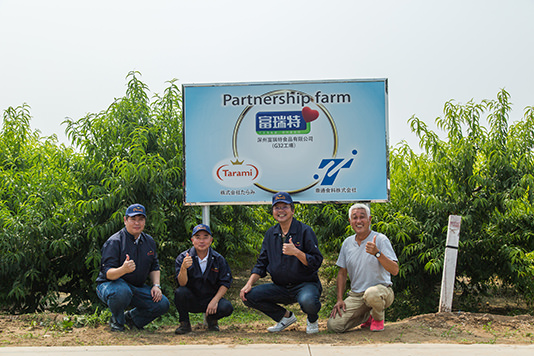
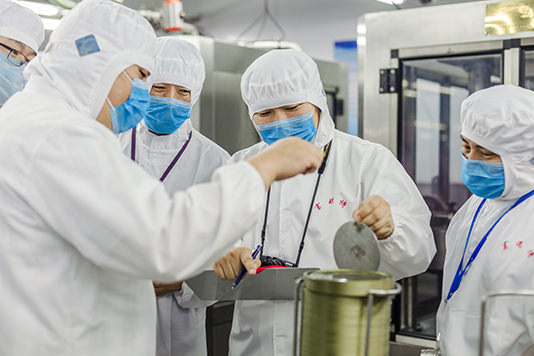
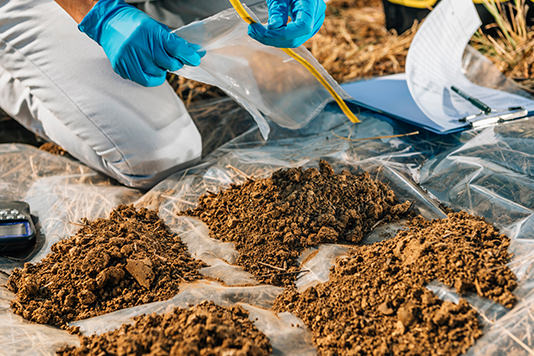
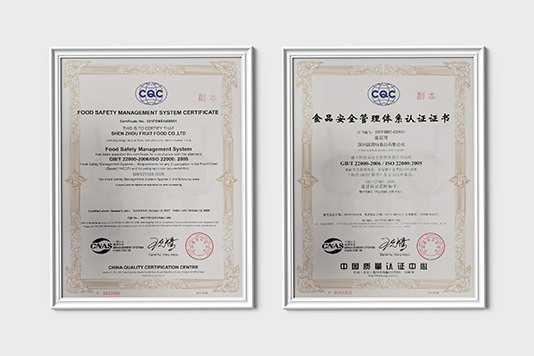
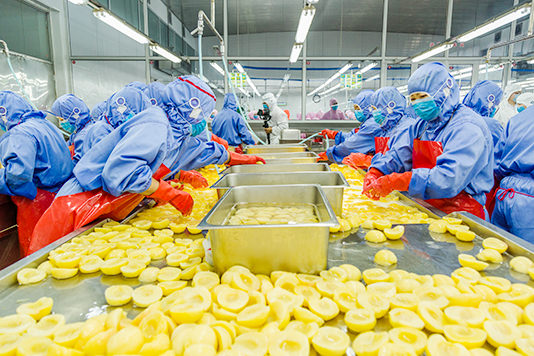
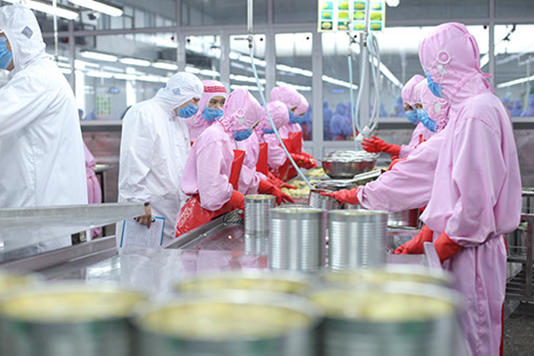
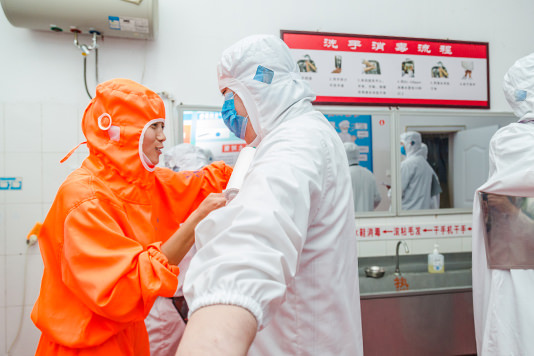
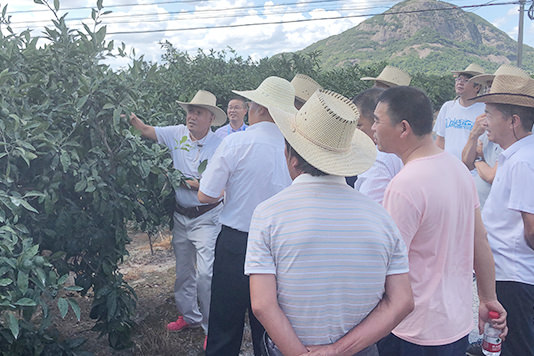
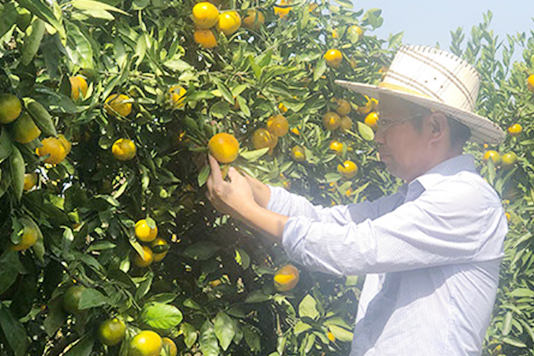
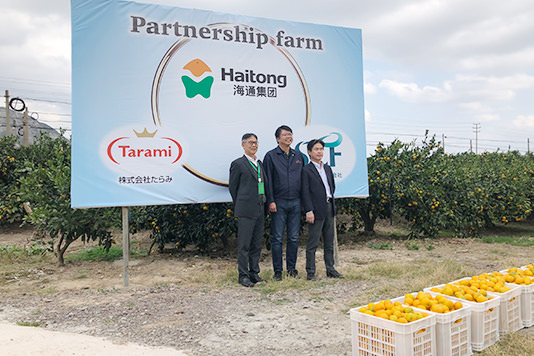
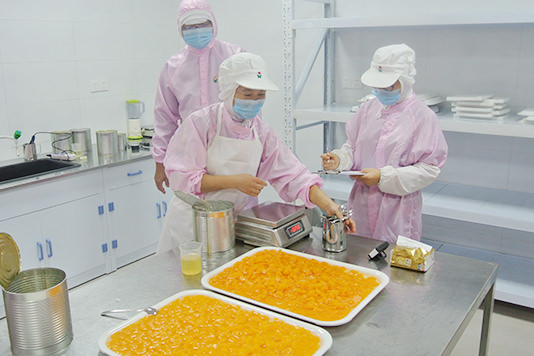
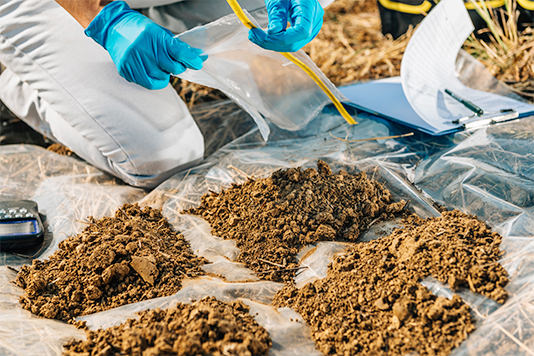
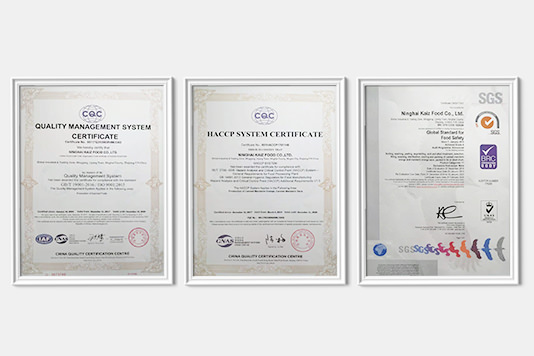
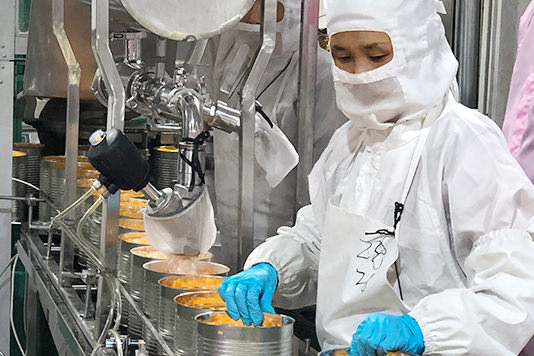
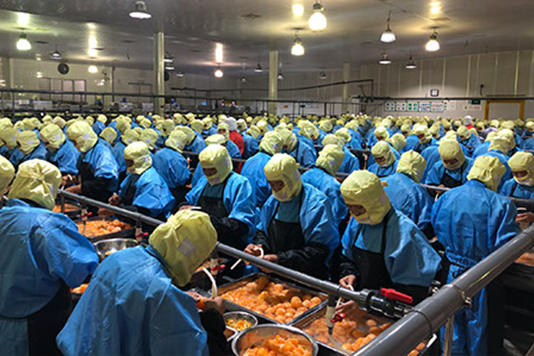
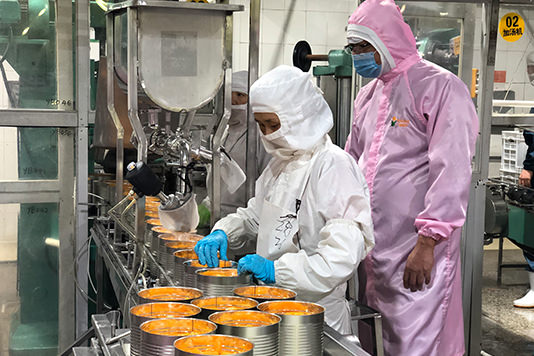
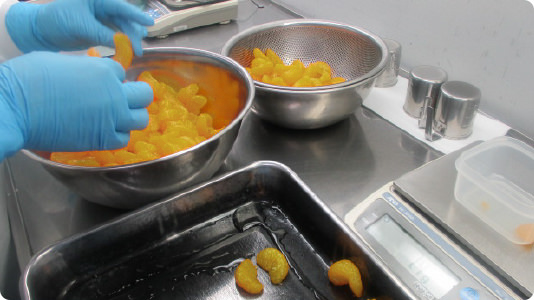

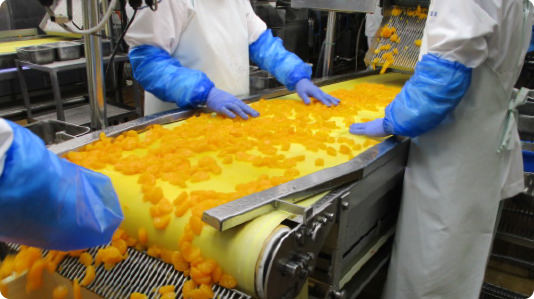
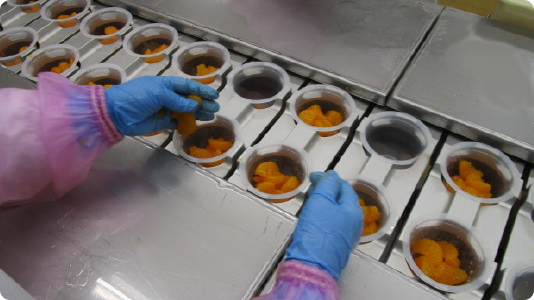
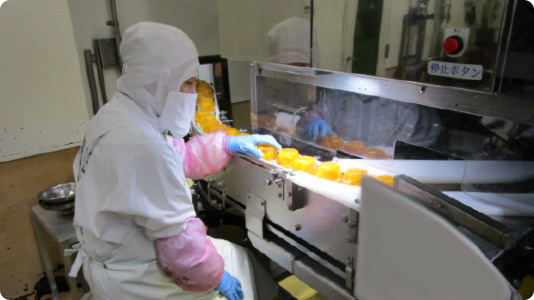
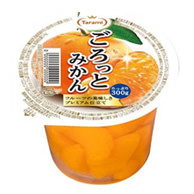 GOROTTO FRUIT series Gorotto Mandarin Orange
GOROTTO FRUIT series Gorotto Mandarin Orange
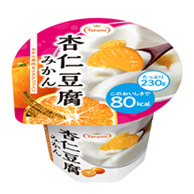 Tarami Annin Tofu 80kcal series Mandarin Orange
Tarami Annin Tofu 80kcal series Mandarin Orange
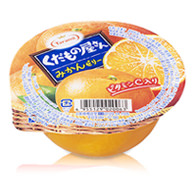 KUDAMONOYASAN series Mandarin orange jelly
KUDAMONOYASAN series Mandarin orange jelly
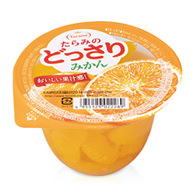 TARAMI NO DOSSARI series Mandarin orange jelly
TARAMI NO DOSSARI series Mandarin orange jelly
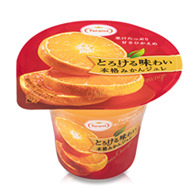 TOROKERU AJIWAI series Mandarin orange gelee
TOROKERU AJIWAI series Mandarin orange gelee
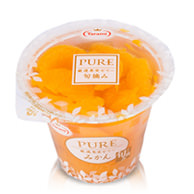 PURE series Mandarin orange
PURE series Mandarin orange
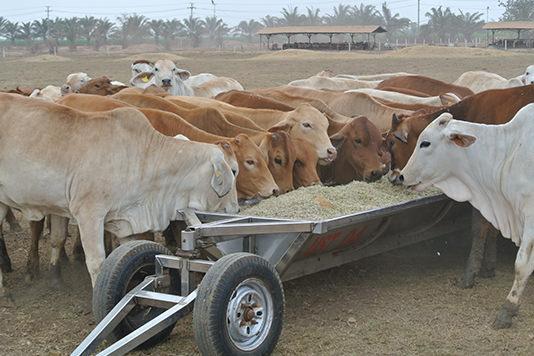
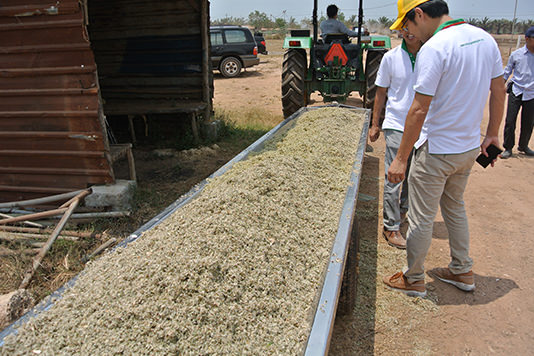
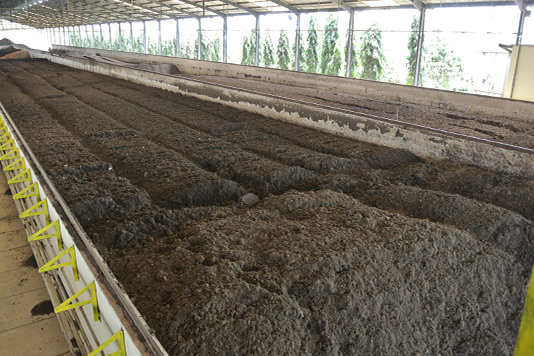
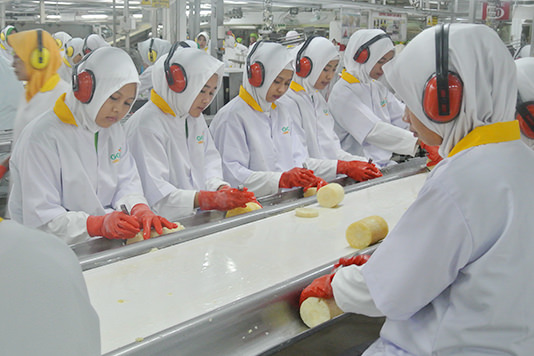
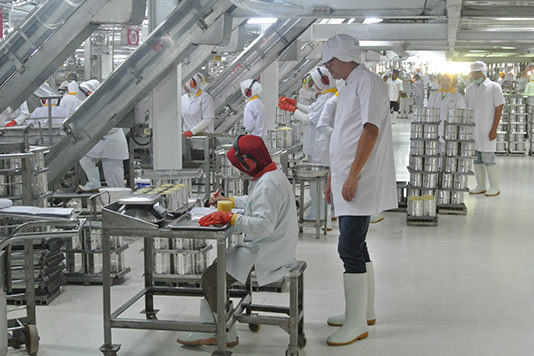
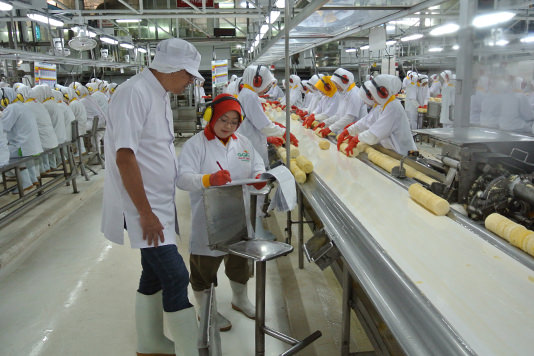
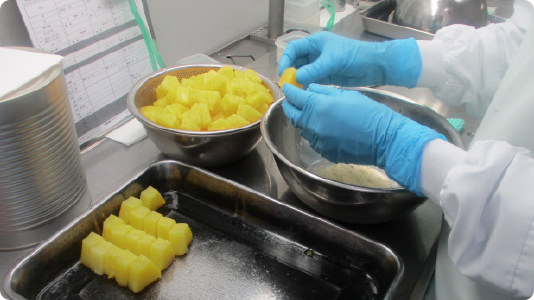
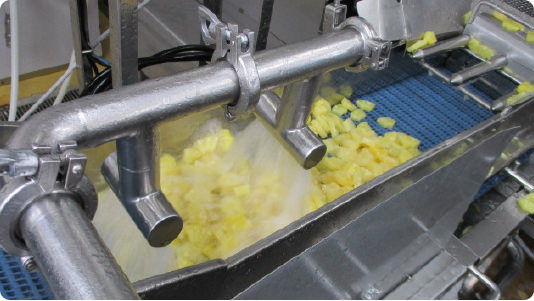
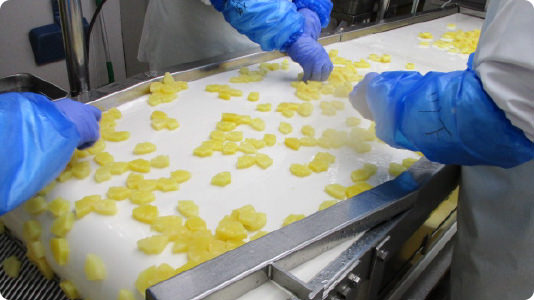
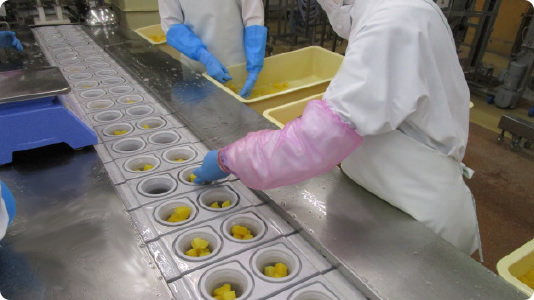
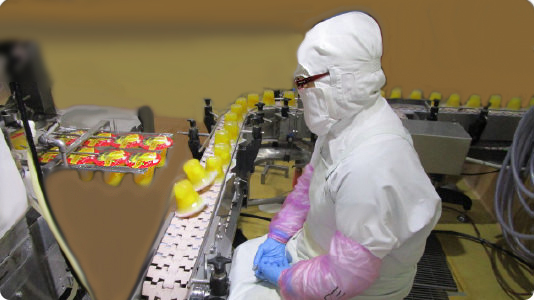
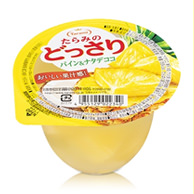 TARAMI NO DOSSARI series Pineapple & Nata de coco
TARAMI NO DOSSARI series Pineapple & Nata de coco
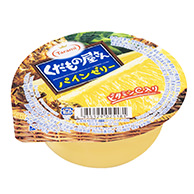 KUDAMONOYASAN series Pineapple jelly
KUDAMONOYASAN series Pineapple jelly
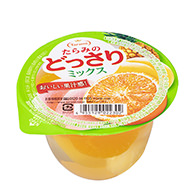 TARAMI NO DOSSARI series Mix jelly
TARAMI NO DOSSARI series Mix jelly
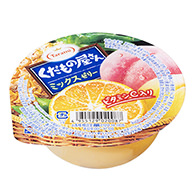 KUDAMONOYASAN series Mix jelly
KUDAMONOYASAN series Mix jelly
